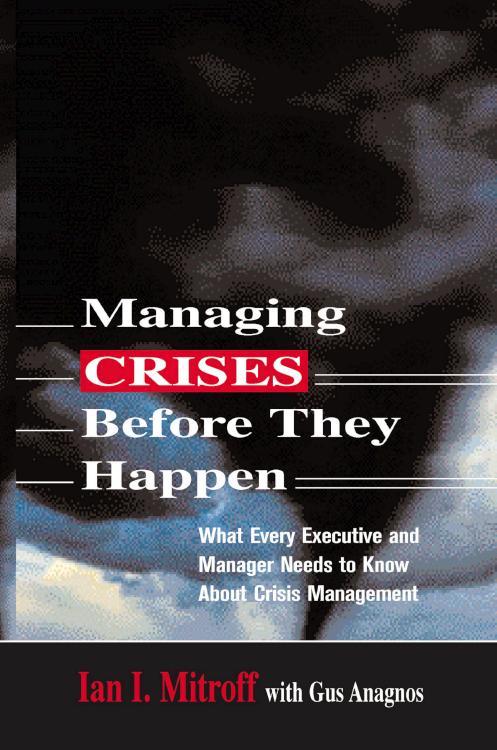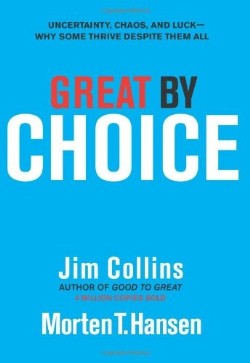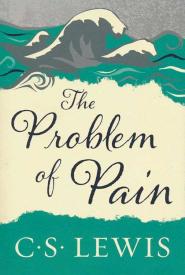Managing Crises Before They Happen
$22.99
From tragic accidents to public relations fiascos, we live in an increasingly crisis-ridden society. In fact, half of the major industrial accidents of the past century occurred in the last 20 years. Incidents such as Bhopal and the Exxon Valdez have become embedded in our consciousness, cultural icons of the worst sort. Other crises, less devastating but with serious impact on their businesses, occur almost daily. Why is this–and what can be done to reverse this disturbing trend? According to Ian Mitroff, one of the world’s leading experts on crisis management, the rise in the crisis rate is due to an ingrained “it-can’t happen-to-us” mentality–which, in turn, leads to a total lack of preparedness for crises. His solution? Find out in Managing Crises Before They Happen. This fascinating book provides readers with a powerful framework that will help them: * Recognize the early warning signals that almost always precede a crisis * Focus on the big picture, not just the details * Avoid becoming either the victim or the villain in a crisis situation * Understand the importance of personal character, corporate culture, and thinking outside the box to effective crisis management * Learn from one crisis things that can prevent or ameliorate the next.
in stock within 3-5 days of online purchase
SKU (ISBN): 9780814473283
ISBN10: 0814473288
Ian Mitroff | Gus Anagnos
Binding: Trade Paper
Published: June 2005
Publisher: AMACOM – Harper Collins Publishers
Print On Demand Product
Related products
-
Great By Choice
$29.99Add to cartThe new question
Ten years after the worldwide bestseller Good to Great, Jim Collins returns with another groundbreaking work, this time to ask: Why do some companies thrive in uncertainty, even chaos, and others do not? Based on nine years of research, buttressed by rigorous analysis and infused with engaging stories, Collins and his colleague, Morten Hansen, enumerate the principles for building a truly great enterprise in unpredictable, tumultuous, and fast-moving times.The new study
Great by Choice distinguishes itself from Collins’s prior work by its focus not just on performance, but also on the type of unstable environments faced by leaders today.With a team of more than twenty researchers, Collins and Hansen studied companies that rose to greatness-beating their industry indexes by a minimum of ten times over fifteen years-in environments characterized by big forces and rapid shifts that leaders could not predict or control. The research team then contrasted these “10X companies” to a carefully selected set of comparison companies that failed to achieve greatness in similarly extreme environments.
The new findings
The study results were full of provocative surprises. Such as:The best leaders were not more risk taking, more visionary, and more creative than the comparisons; they were more disciplined, more empirical, and more paranoid.
Innovation by itself turns out not to be the trump card in a chaotic and uncertain world; more important is the ability to scale innovation, to blend creativity with discipline.
Following the belief that leading in a “fast world” always requires “fast decisions” and “fast action” is a good way to get killed.
The great companies changed less in reaction to a radically changing world than the comparison companies.
The authors challenge conventional wisdom with thought-provoking, sticky, and supremely practical concepts. They include: 10Xers; the 20 Mile March; Fire Bullets, Then Cannonballs; Leading above the Death Line; Zoom Out, Then Zoom In; and the SMaC Recipe.Finally, in the last chapter, Collins and Hansen present their most provocative and original analysis: defining, quantifying, and studying the role of luck. The great companies and the leaders who built them were not luckier than the comparisons, but they did get a higher Return on Luck.
This book is classic Collins: contrarian, data-driven, and uplifting. He and Hansen show convincingly that, even in a chaotic and uncer
-
Problem Of Pain
$17.99Add to cartFor centuries Christians have been tormented by one question above all — If God is good and all-powerful, why does he allow his creatures to suffer pain? C. S. Lewis sets out to disentangle this knotty issue but wisely adds that in the end no intellectual solution can dispense with the necessity for patience and courage.






Reviews
There are no reviews yet.